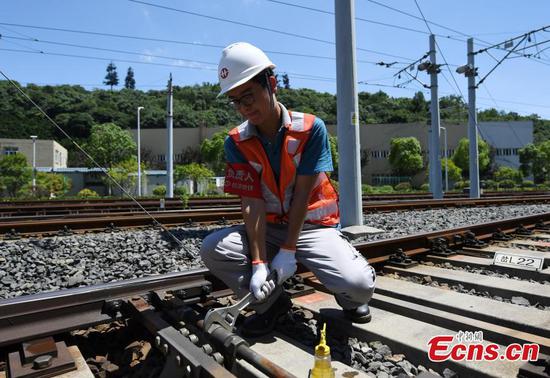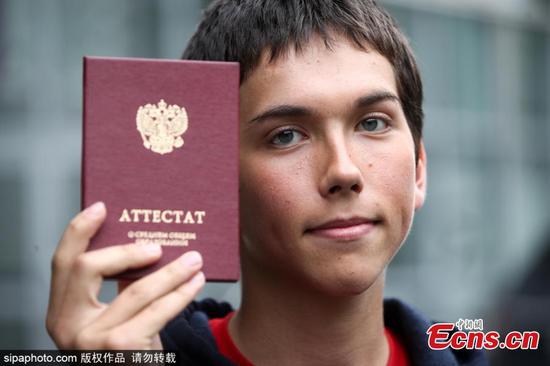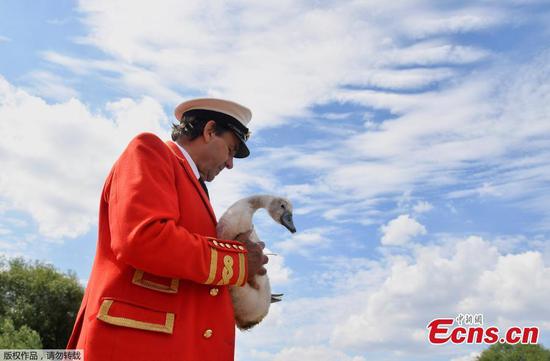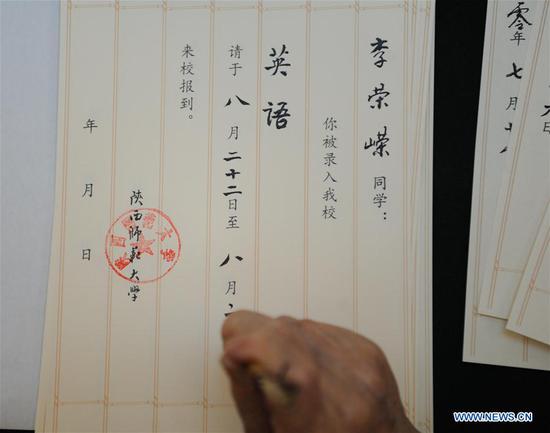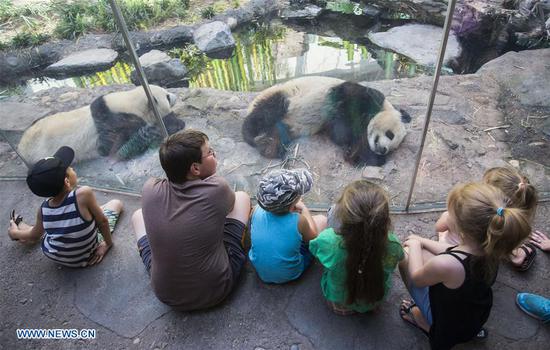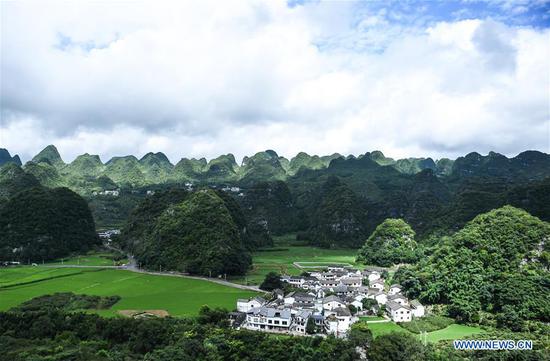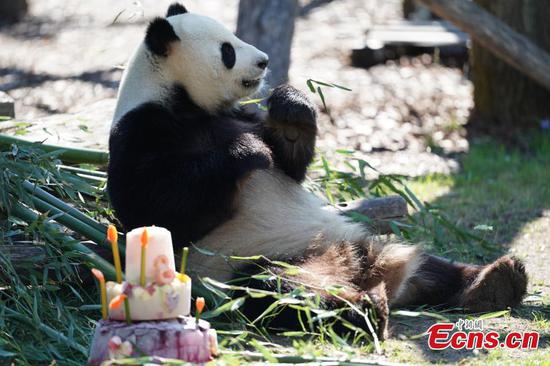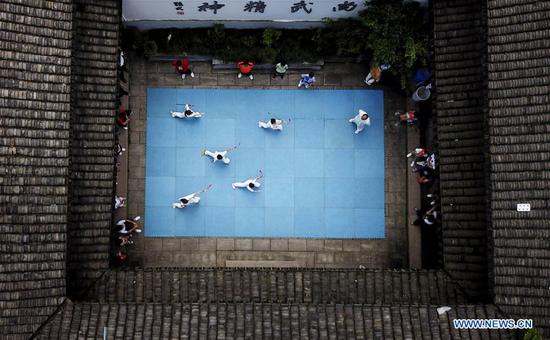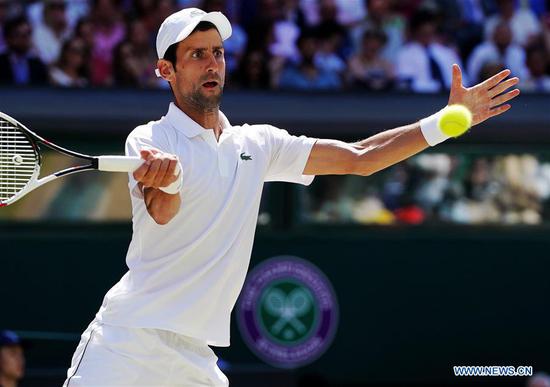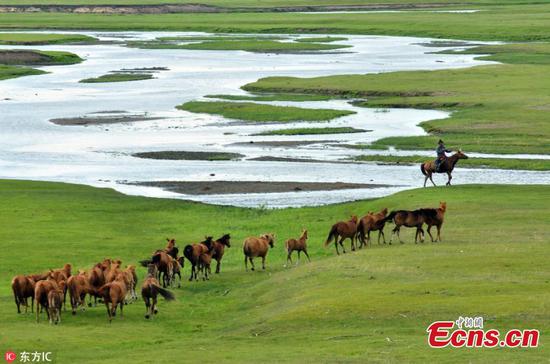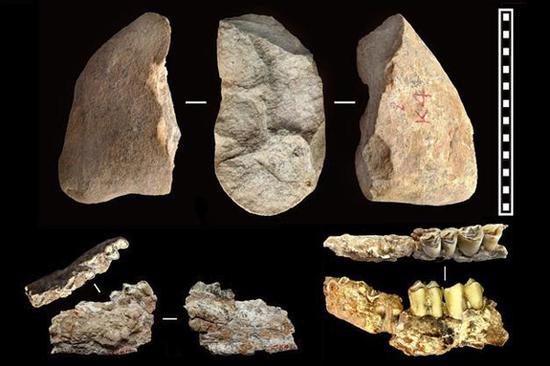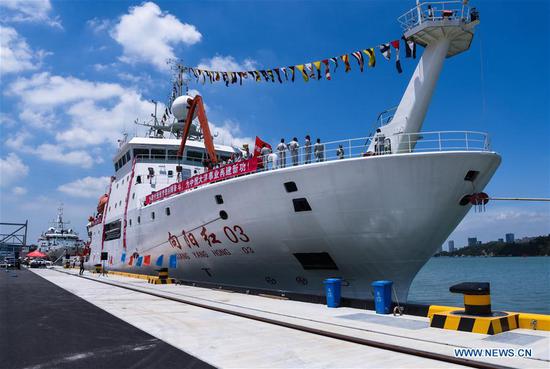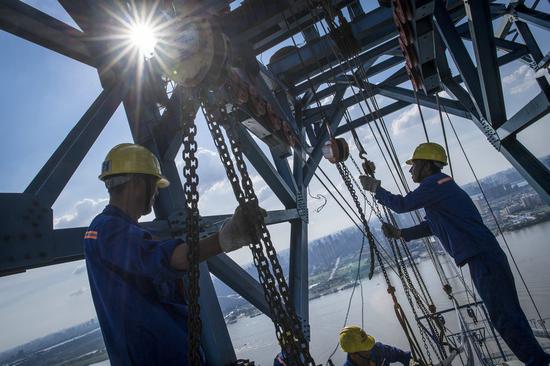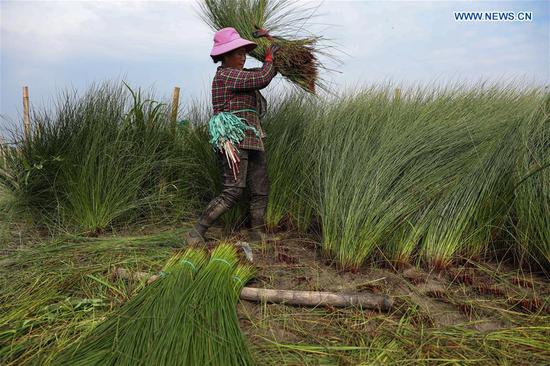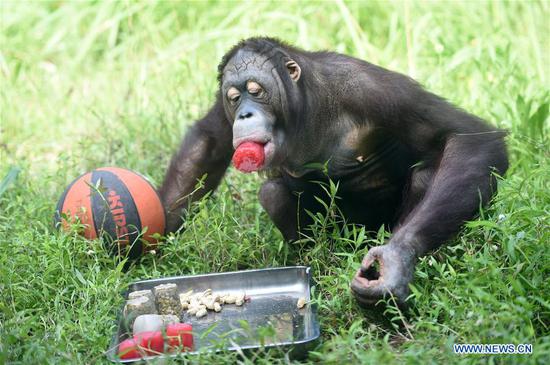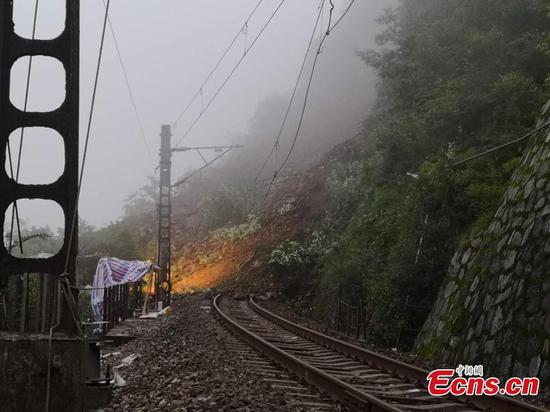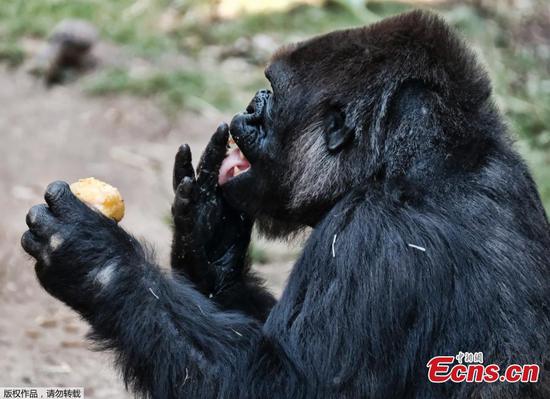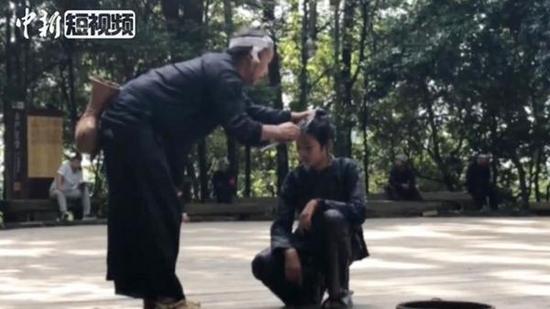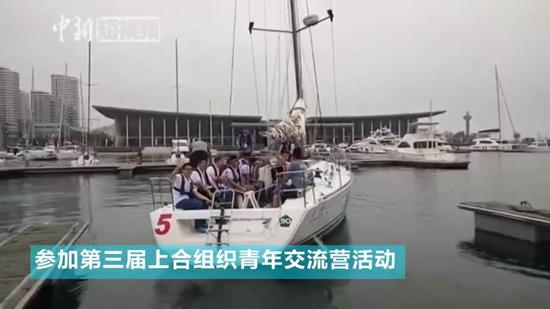Homegrown rivals on the rise amid trade tension
U.S. coffee brand Starbucks is facing a growing challenge in China amid a rise in competition from local brands and a shift in consumer sentiment amid ongoing China-U.S. trade tensions.
Luckin Coffee, founded by Qian Zhiya, former chief operating officer of Chinese car-hailing platform UCAR, recently announced that the company has secured A-round fundraising of $200 million.
Meanwhile, some Starbucks cafes in Beijing sent out questionnaires to customers to see how they compared it with Luckin. "I was asked whether I would choose Luckin over Starbucks," a Beijing-based coffee lover surnamed Shen told the Global Times.
"I used to love Starbucks. But because of the China-U.S. trade tension, I have a negative feeling toward it, so I will choose a domestic brand instead," she said, adding that with Luckin's online ordering system, she can order at home and pick up her coffee on the way to the office instead of queuing up in the store.
Luckin also offers lower prices, with its large-sized latte priced at 24 yuan ($3.8), while at Starbucks and Costa it costs 31 yuan and 34 yuan, respectively.
A white-collar worker surnamed Zhao in Beijing, who is also a regular coffee drinker, said she expects more homegrown coffee brands to compete with foreign ones. "If this trade row gets more and more intense, I'll definitely give up on Starbucks," she said.
Some netizens on Chinese Twitter-like platform Weibo have expressed their opposition to U.S. brands. "The A-share market has plummeted due to the trade dispute and we feel the pain. We could exert the same pressure on the U.S. by blocking Starbucks, Disneyland and Apple," a netizen named Xiaoqiang1228 said.
Corporate strategy
China remains one of the top priorities in Starbucks' corporate strategy, as it has demonstrated the most robust growth compared to other markets. While its store sales increased 2 percent year-on-year globally and in the U.S. during the 13-week fiscal second quarter ended April 1, the sales in China increased 4 percent year-on-year, according to the company's latest financial results.
China's coffee market is estimated to be worth around 110 billion yuan, and as of May it had seen total investment of 322 million yuan, according to business-focused think tank pintu360.
Starbucks is feeling the pressure from local rivals such as Luckin and Lyancoffee, which offer online services as well as brick-and-mortar cafes, said Lian Yu, general manager of the think tank.
Although the U.S. company's sales growth in China and Asia Pacific remained at 3 percent year-on-year in the past two years, it has slowed down by 7 to 9 percent from the period between 2013 and 2015.
In March, analysts expressed fears that Starbucks will see slower growth in China as the market gets more saturated, according to media reports.
"The market capitalization of Starbucks has fallen by $15 billion recently, as some investors have seen it encountering strong competition in the Chinese market," Qian was quoted as saying in a statement sent to the Global Times.
Unlike Starbucks' offline store expansion strategy, Luckin, along with other local brands, emerged with the help of online retailing, Lian noted. "The future competition will not be based on growing at a faster speed but turning regular consumers of foreign coffee brands into domestic brand supporters," he said.
However, Chinese consumers are more rational these days and multinational conglomerates have less obvious American characteristics, so the China-U.S. trade tension may have a limited impact on foreign brands such as Starbucks and McDonalds, Lian noted.
"Starbucks has to realize that it's just at the beginning of a fierce competition with homegrown rivals," Lian said.









